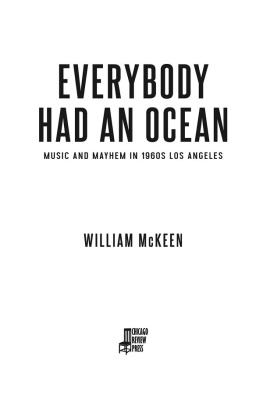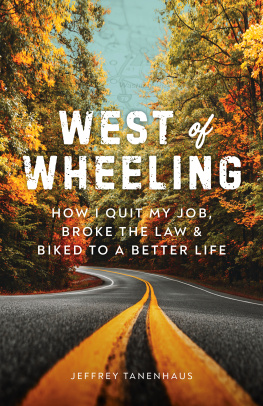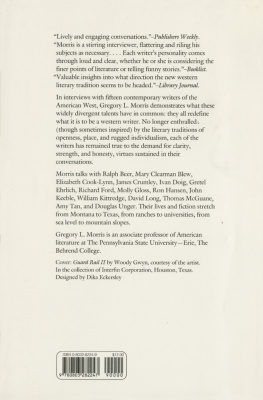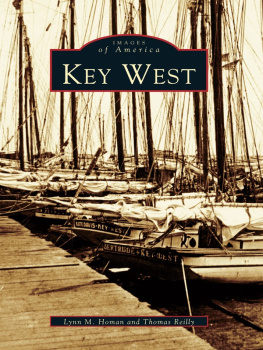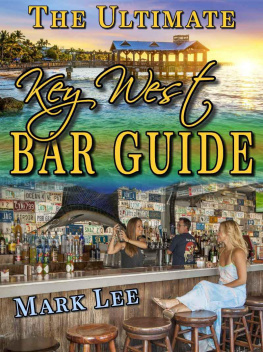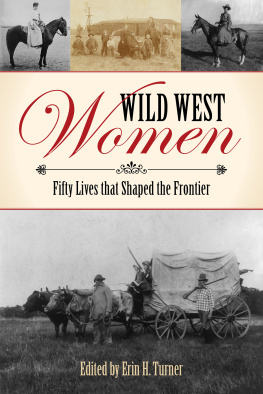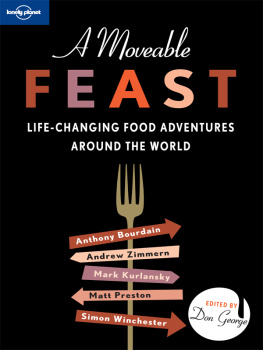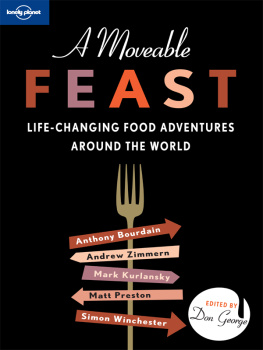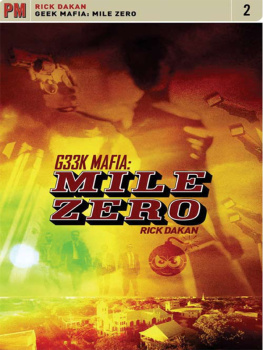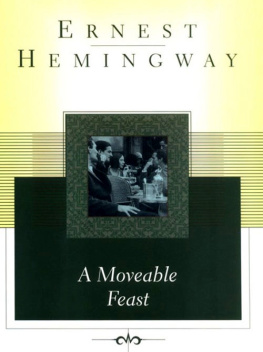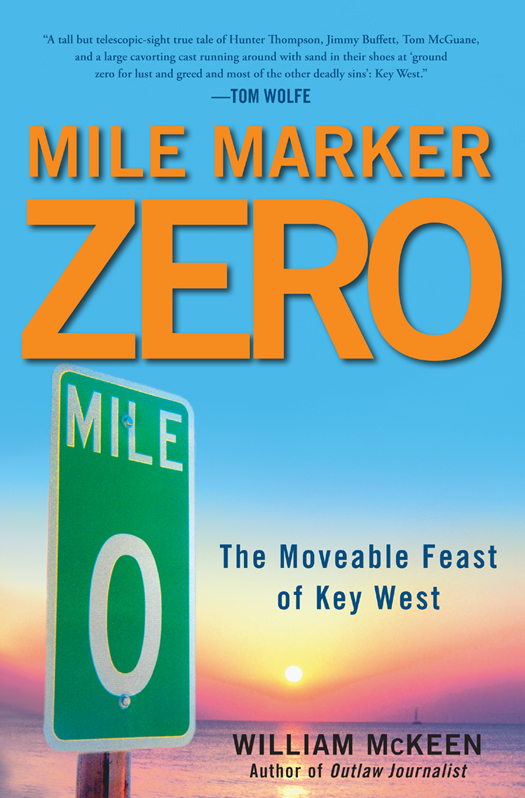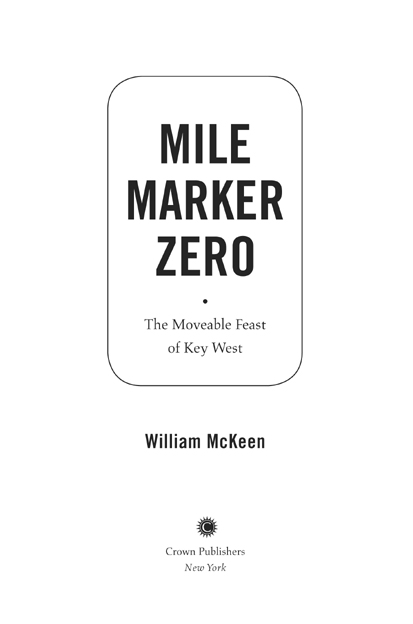ALSO BY WILLIAM McKEEN
OUTLAW JOURNALIST , a biography
HIGHWAY 61, a memoir
ROCK AND ROLL IS HERE TO STAY , an anthology
LITERARY JOURNALISM: A READER , edited with Jean C. Chance
TOM WOLFE , a critical biography
BOB DYLAN: A BIO-BIBLIOGRAPHY
HUNTER S. THOMPSON , a critical biography
THE BEATLES: A BIO-BIBLIOGRAPHY
Copyright 2011 by William McKeen
All rights reserved.
Published in the United States by Crown Publishers, an imprint of the Crown Publishing Group, a division of Random House, Inc., New York.
www.crownpublishing.com
CROWN and the Crown colophon are registered trademarks of Random House, Inc.
Portions of (The King of Gonzo) appeared in Outlaw Journalist
(W.W. Norton, 2008), in different form.
Library of Congress Cataloging-in-Publication Data
McKeen, William, 1954
Mile marker zero: the moveable feast of Key West / William McKeen.1st ed.
1. Key West (Fla.)Biography. 2. Key West (Fla.)Intellectual life20th century. 3. Key West (Fla.)Social life and customs20th century. 4. Authors, AmericanHomes and hauntsFloridaKey West I. Title.
F319.K4M38 2011
975.941dc22 2011005939
eISBN: 978-0-307-59204-0
Jacket design by Laura Duffy
Jacket photographs: (sunset) Nick Hanna/Alamy; (sign) Tony Hopewell/
Getty Images
v3.1
FOR TOM , who willed this book
FOR BEEF , who helped make it possible
FOR DINK , who showed kindness to a stranger
FOR MY FAMILY , immediate and extended
AND, OF COURSE, FOR NICOLE:
Here is a book about your hometown
Tom, we had an active night tonight. I spent a lot of time talking with Buffett down at Nicholsons house, and we both got very excited about the Key West years, the missing years, the ones that you have so well documented. Were going to reconvene down there and go back over the stories, the photographs, and maybe do a little boating. Lets have The Boys backChatham, McGuane, whoevers alive. Its going to be good. Were going to have a little fun with this one.
H UNTER S. T HOMPSON
Phone message for Tom Corcoran,
Christmas night, 2004
The open range, the open sea, the open sky, the open wounds of the heart, thats where writers shine.
T HOMAS M C G UANE
Some Horses, 1999
I was in the face of a breaking wave in American culture. And I didnt understand it, or really know what it was, but I knew something was going on, and I knew I was in the middle of it.
T HOMAS M C G UANE
Interview, 1999
CONTENTS
The Taco Man
The best laid schemes of mice and men go oft astray.
R OBERT B URNS
The plane banked, dipping its wing to make the turn and begin the approach, and thats when Corcoran got his first good look at the island. Twice as long as wide, it was a bleached rock in the blue-and-emerald Caribbean. He saw neatly lined streets, an attempt to impose order on crushed shell and stone, but was struck by the relative absence of green. He hadnt been sure what to expect, but he had assumed there would be trees, lush vegetation, palms and bananas and coconuts. It was Florida; it was the tropics, for Gods sake. Yet as the plane descended, he saw himself being swallowed by a flat, blazingly bright, overexposed world. He squinted as the plane came out of the blue and into the white.
This is it, he thought. Couple months here and Im done.
He smiled, thinking about his post-college, post-Navy life. First maybe graduate school, then maybe hed settle down in elbow-patched glory as an English professor at some midwestern liberal-arts college, writing small but important novels, embraced by wife, dog, 2.5 children, and throngs of adoring students. It would be a good, if unexciting, life.
Tom Corcoran was lucky. He was in the last year of his Navy stretch, and so far had avoided Vietnam. The war had not been center stage in America when hed enlisted back in 1963, but to those who saw their student draft deferments slipping away with each low grade, Vietnam took on a newer, bolder role. After two unremarkable years at Miami University of Ohio, Corcoran had decided to enlist, figuring hed better beat the military at its own game. He could wait for the draft to take him and send him off in Army fatigues, or he could control his destiny. He wanted the Navy, the only logical choice for a boy from a Cleveland suburb. He also thought that if he was going to Vietnam, he might best serve his country from the relative safety of offshore. If there was a war in the jungle, he said, I liked the idea of fighting the war from a steel bulkhead instead of hiding behind a bunch of leaves.
He took a break from school in the summer of 1964, landing in Los Angeles, where he worked as a travel counselor by day and at night explored new frontiers of California bohemianism, soaking in the music and inebriants of the time. He figured this freedom was about to end, so he squeezed tight. He also figured his poor grades had sentenced him to the draft. So he skulked into the U.S. Navy Recruiting Office as if on the way to see the principal back at Shaker Heights High.
To his surprise, the officer behind the desk had some good news: Give us your summers and you can still go off and finish school, College Boy.
What? Corcoran asked.
Its your lucky day, kid, the recruiter said. All you got to do is give us your summers. When youre done with your degree, youre ours for two years. You even get to come in as an officer.
It was a revelation, a reprieve, and a second chance for Corcoran to chase his dream of becoming a writer.
And so Corcoran returned to Oxford, Ohio, for the fall semester in 1963. His grades went through the roof. He spent his summers in the service, and by the time he graduated, he had aced Officer Candidate School and entered the real world as an officer and a gentleman.
Corcoran became expert in guiding drone helicopters that flew by remote control and fired torpedoes at imagined Russian submarines. They had those drones in Vietnam now, with spy cameras mounted on the hoods, using them as small, low-flying, unmanned versions of U-2s. But despite Corcorans skilllanding them easily on the pitching deck of the USS John Willishe had still managed to avoid Vietnam.
So now it was late August 1968 and Corcoran was landing on six square miles of coral, on the downhill slide of his military career. Vietnam had already taken more than twenty thousand American lives. Martin Luther King Jr. and Robert Kennedy had been assassinated that spring. That very month, student demonstrators and reporters had been beatensome nearly to deathby officers of the law in a police riot at the Democratic National Convention in Chicago. The world had gone insane. But Corcoran was untouched. He had become so expert with his drones that he was loaned out to other ships to teach his magic to new sailors. He was looking at ten more months of that duty, and then freedom.
The Navy wanted to wring all it could out of him, so he was being sent to this bleached rock. Though he had studied English literature and business and hoped to become a writer, he was also left-brain strong, which made him a natural in the worlds of sonar and radar. He was reassigned from the


